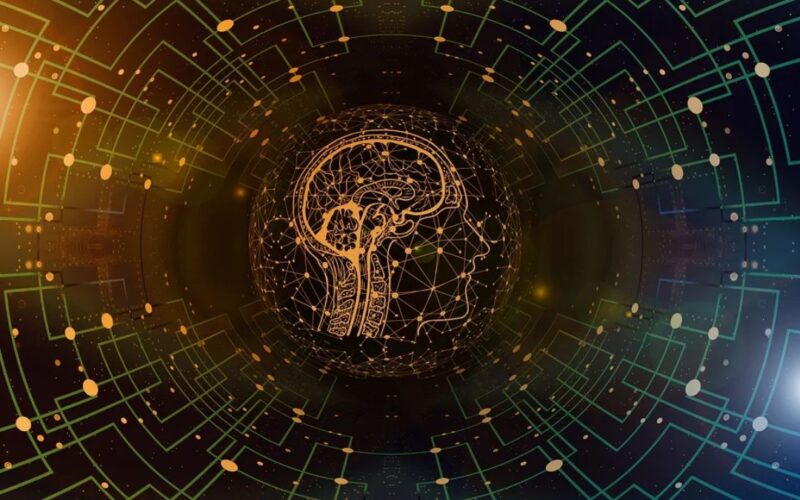In recent years, the integration of Artificial Intelligence (AI) into healthcare and medicine has been nothing short of transformative. This technological revolution has reshaped the landscape of healthcare practices, offering innovative solutions and promising prospects for patient care, diagnostics, treatment, and operational efficiency. AI’s role in healthcare is multifaceted, leveraging machine learning algorithms, predictive analytics, and natural language processing to streamline processes, enhance decision-making, and improve overall outcomes.
The Impact of AI in Diagnostics
One of the most profound influences of AI in healthcare lies in diagnostics. Machine learning algorithms can analyze vast amounts of medical data, including imaging scans, genetic information, and patient records, to aid in early disease detection and accurate diagnoses. For instance, AI-powered systems can detect anomalies in radiology images with remarkable precision, assisting radiologists in identifying potential issues such as tumors or fractures, thereby expediting treatment and improving patient outcomes.
Enhancing Treatment and Personalized Medicine
AI facilitates the development of personalized treatment plans by analyzing diverse patient data sets. Through predictive analytics, it can assess individual risk factors and predict potential complications, enabling healthcare providers to tailor treatments for specific patient needs. Additionally, AI-driven tools assist in drug discovery and development by analyzing molecular structures, significantly expediting the process and potentially leading to the creation of more effective medications.
Improving Patient Care and Engagement
Chatbots and virtual assistants equipped with AI have transformed patient engagement and care management. These tools offer round-the-clock assistance, providing patients with information, scheduling appointments, offering medication reminders, and even monitoring health vitals remotely. This not only enhances patient experience but also fosters better adherence to treatment plans and overall wellness.
Operational Efficiency and Cost Reduction
AI streamlines administrative tasks, optimizing hospital operations and reducing administrative burdens. Automated processes, such as predictive maintenance for medical equipment and AI-powered scheduling systems, help hospitals allocate resources efficiently, reducing wait times and enhancing the overall efficiency of healthcare delivery. Moreover, AI’s ability to analyze healthcare data leads to better resource allocation and cost-effective strategies, benefitting both patients and healthcare providers.
Challenges and Ethical Considerations
While AI offers immense potential, its integration into healthcare also raises ethical concerns. Issues regarding patient data privacy, algorithm biases, and the need for regulation and standardization to ensure the reliability and safety of AI-driven technologies require careful consideration. Balancing innovation with ethical and regulatory frameworks is crucial to harnessing the full potential of AI in healthcare.
Future Outlook
As AI continues to evolve, its applications in healthcare are poised to expand further. Advancements in AI-powered robotics for surgery, wearable health monitoring devices, and the utilization of big data for predictive analytics hold promise for further revolutionizing healthcare delivery. Collaboration between healthcare professionals, technology experts, policymakers, and ethicists will be key in maximizing the benefits of AI while addressing its challenges.
So, we can say that the integration of AI in healthcare is reshaping the industry, revolutionizing diagnostics, treatment, patient care, and operational efficiency. While challenges and ethical considerations persist, the potential for AI to enhance healthcare delivery, improve patient outcomes, and drive innovation remains undeniable. Embracing these technological advancements responsibly and ethically holds the key to a future where AI revolutionizes healthcare for the better.










